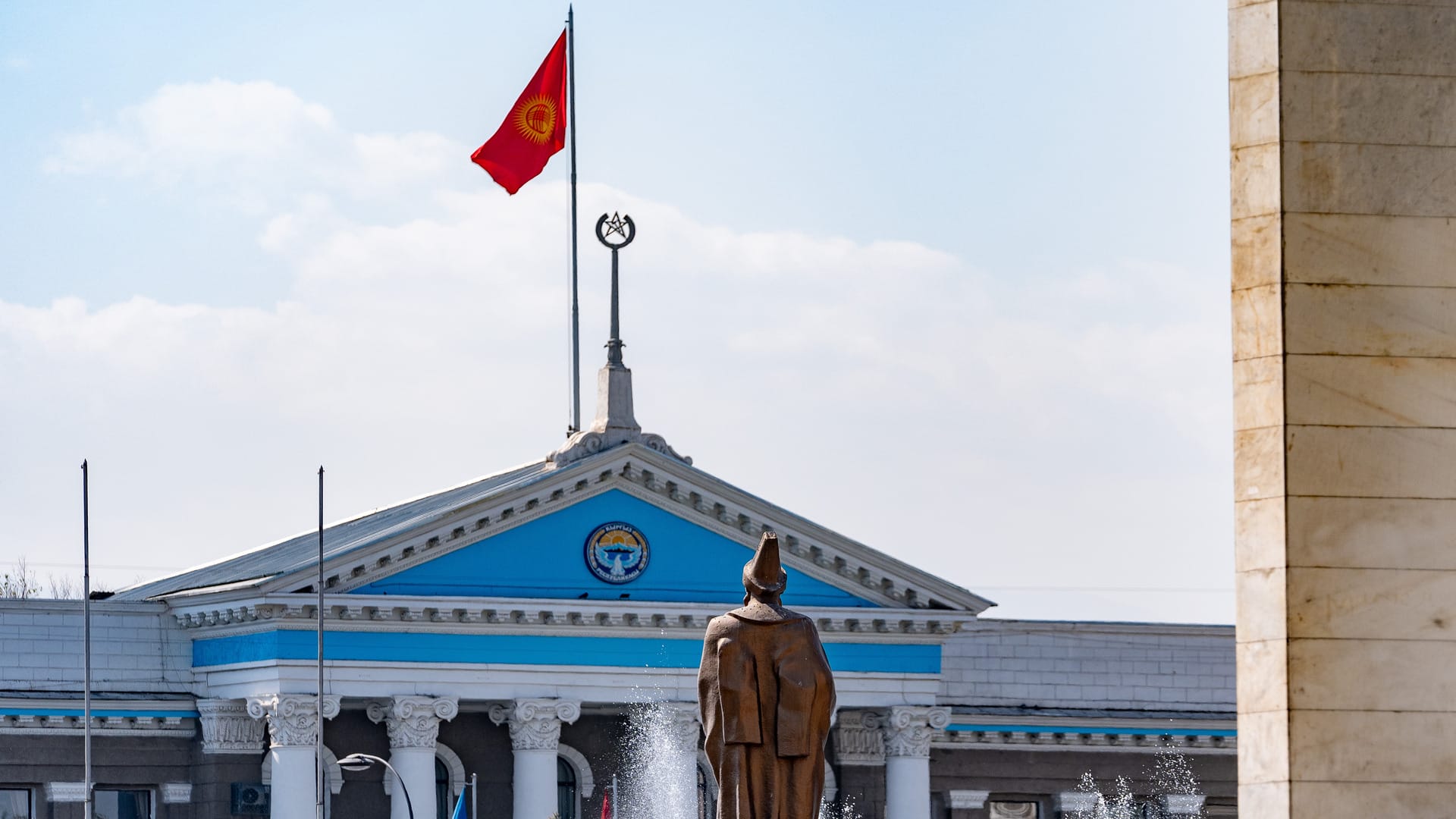
‘Iceberg, right ahead’ & the rise of Chinese laundries
I’ve been reading journalist Andrew Ross Sorkin’s new book about the 1929 crash, and it’s been sending me into a bit of a spin. The parallels between the financial speculation Sorkin details and the present day are remarkable. Meme coins – like $TRUMP and $MELANIA – may be the most remarkable of recent financial innovations. They have no intrinsic value, are not intended to have intrinsic value, and yet they soar in price, enriching their issuers, before collapsing and erasing everyone’s money. Why would anyone invest in them? Is everyone stupid? Well, why did people invest in new stocks in the late 1920s, despite the vertiginous valuations?
“They were not necessarily ignorant or dumb,” is how Sorkin describes it. “They might know, or guess, that an investment pool was manipulating the price. But if they got the timing right, even a total outsider could capture a bit of the upside before the pool ‘pulled the plug’ and dumped its shares back on the market.”
It’s a weird truth about pyramid schemes: they’re actually very profitable if you get into them early enough, and no one knows when the money’s going to stop flowing so people keep investing even after they know it’s a con. There are very many places in the book when it felt like it could be about 2025 – the importance of murky lending to supporting asset prices; the corruption of the political class; the arrogance of the strutting business tycoons; the insistence that predatory practices were actually “democratising finance” and so on.
Above all, I feel a constant melancholy over how none of the foot soldiers in this campaign had any idea about the size of the wave rearing over them, and how it would sweep away everything for a generation. The subtitle of the book refers to the 1929 catastrophe as “the greatest crash in Wall Street history”, and I worry that it might before too long be relegated to being the second greatest. Buy the book, that’s my advice, while you’ve got some money to spare.
So anyway, to distract myself from the depressing nature of my historical musings, I listened to the latest episode of The Laundry podcast, which is a thoughtful and in-depth interview with Elisa de Andro Madazo and Giles Thomson, respectively the president and vice-president of the Financial Action Task Force, the world’s standard-setter on fighting money laundering.
They are articulate and clearly both care and think deeply about their institution, as well as about their roles within it. They expressed careful and coherent opinions on the need to bring fairness and efficiency and effectiveness to a struggle that has (my words, not theirs) too often lacked all three.
But, in a world in which cryptocurrencies are sweeping aside controls on finance, the United States has given up on corporate transparency, criminal groups are driving sanctions evasion, Chinese money laundering gangs are gaining ever-greater influence, and Western laws are failing to tackle kleptocrats, everything they said just seemed so irrelevant. Once again the historical parallel for the FATF was an institution in the interwar years. The League of Nations was a bureaucracy that was well-meaning, tireless, thoughtful to the end, but completely ineffective when faced with challenges from powerful nations.
Laundering drug money
I mentioned Chinese money laundering organisations (CLMOs) above, and I’d like to draw your attention to this excellent new paper, from venerable British think tank RUSI, about their scope, approach and significance. The growth of Chinese gangs, and their rapid takeover of much of money laundering conducted for organised criminal groups (OCGs) over the last decade or so, is a remarkable and ill-understood phenomenon.
The secret of their popularity is not hard to understand, as the paper makes clear: “all the profit is made in China and therefore CMLOs can afford to offer their services to OCGs in the West for free, or close to free”. Traditional money launderers were charging Western criminals perhaps 15 percent to move money, so it is clear why OCGs would prefer to take their business to someone who’ll do it for nothing.
The CLMOs’ techniques are based around transferring value globally outside the banking system (i.e. by moving luxury goods, commodities, cryptocurrencies, etc) which means that much of the compliance system created under pressure from the FATF is essentially useless in detecting their activities.
But why have they been able to launder money so cheaply when their Western rivals could not?
I think the more important point to take from this is that they have been able to create their system because of restrictions imposed in both China and the West. Chinese capital controls have made it hard for wealthy citizens of the People’s Republic to get their money out of the country. Meanwhile Western drug laws have created a huge cash-rich criminal economy. It is by connecting this demand for cash (from Chinese people outside China) and supply of cash (from drug gangs in the West) that CMLOs have been able to corner the market.
This is perhaps an unpopular opinion, but I’m going to offer it anyway: if you need another reason to take drug supplies out of the hands of criminals, CLMOs are it. Prohibition hasn’t just failed on its own terms, it has created the liquidity for a vast underground economy being exploited by our geopolitical rivals.
A version of this story was published in this week’s Oligarchy newsletter. Sign up here.












